Ain't nobody's bizness but your own.
I Casually Mentioned I’m Childfree, and Now My Job Might Be on the Line
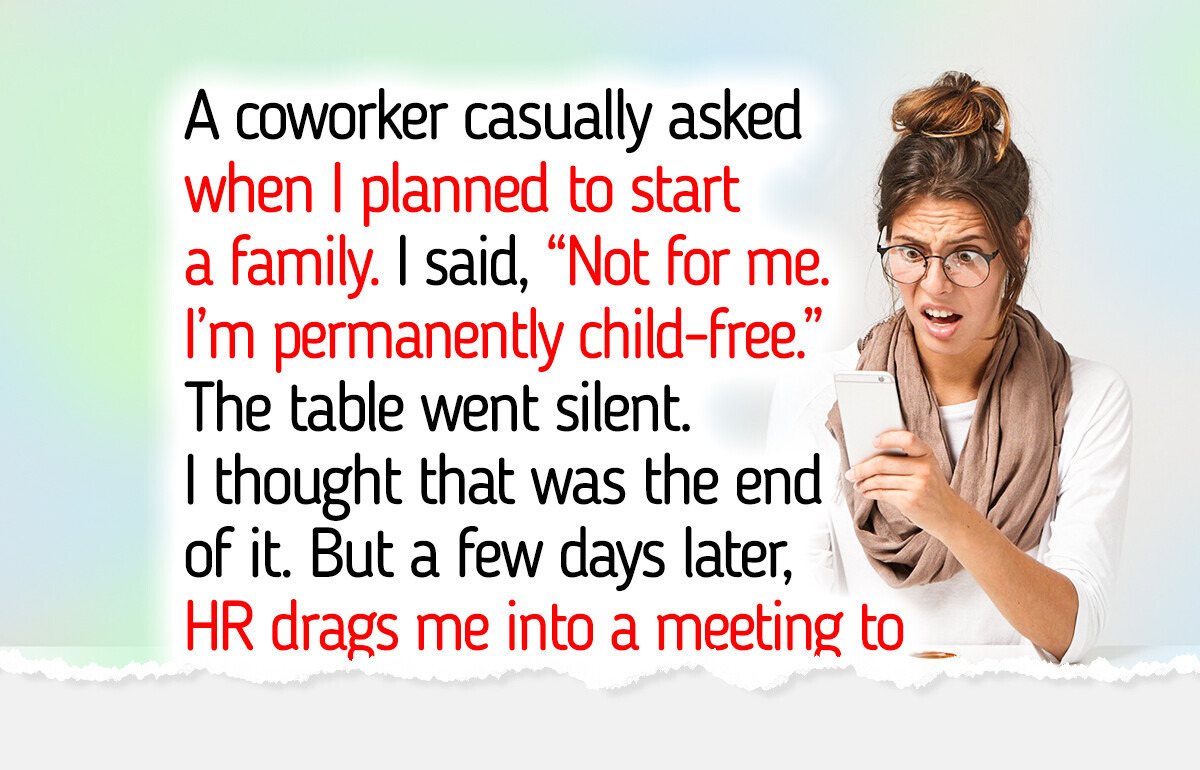
Sometimes, the most ordinary question “Do you have kids?” can spark an unexpectedly complicated situation. One woman learned this the hard way after honestly answering a simple question at lunch. What followed was a mix of double standards, judgment, and corporate hypocrisy that shows just how hostile the world can be to people who proudly choose a childfree life.
Her letter
“At lunch last week, a coworker casually asked if I had kids or when I planned to start a family.
I smiled and said, ‘Not for me. I’m permanently child-free. I’m sterilized.’
The table went silent. Then came the predictable chorus: ‘You’ll change your mind.’ ‘You’ll regret it.’
I thought that was the end of it. But no. A few days later, HR drags me into a meeting. Apparently, someone complained that I ‘overshared medical details.’
All I did was answer a question honestly.
Here’s the kicker: everyone else openly gushes about pregnancy cravings, daycare disasters, fertility treatments, and baby milestones. That’s perfectly fine. But me saying, ‘I made a permanent choice for myself’ is suddenly too much information?
I didn’t get written up, but the damage is done. Now I feel like I’ve got a scarlet letter pinned on me. Coworkers avoid me at lunch, conversations die when I sit down, and one person even unfollowed me on LinkedIn.
So let me get this straight: existing as a happy, confident, child-free woman makes me an HR liability?
Got it. Cool.”
Choosing to be child-free: A quiet struggle
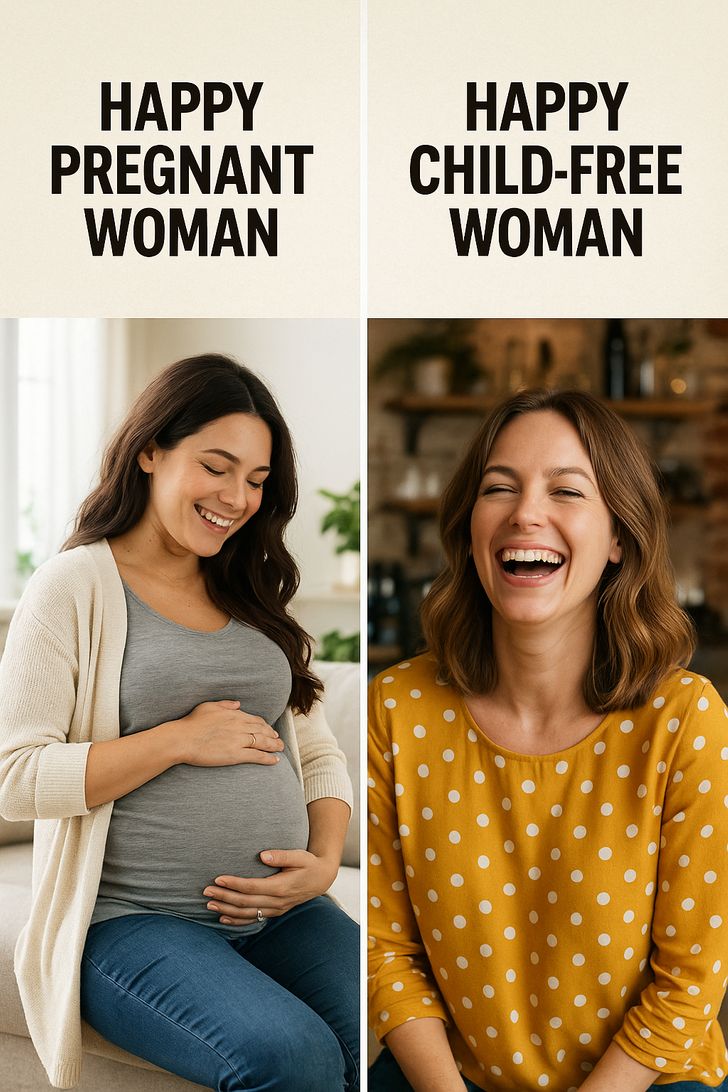
Voluntary childlessness, also known as being childfree, refers to the deliberate decision not to have or adopt children. The term childfree was first documented in 1901 and gained broader popularity during the feminist movements of the 1970s.
Today, the number of women choosing not to have children is rising globally, especially in developed countries. In Europe, rates of childlessness among women aged 40 to 44 are highest in Austria, Spain, and the United Kingdom.
Some women become mothers out of fear—fear of regret, stigma, or being alone—rather than true desire. Psychologists see clients on all sides of the decision: those who are certain they want children, those who are certain they don’t, and many who are deeply conflicted.
For these women, deciding whether to have children is a subtle, internal process. It means listening closely to your own voice, separating personal desire from cultural expectations, and facing fears on both sides—fears of motherhood and fears of choosing not to be one.
It’s also important to reflect on how personal history—like childhood neglect or trauma—might shape your stance on motherhood. The more honestly we confront these fears and influences, the more empowered our decisions become.
Choosing to be child-free isn’t always easy. But giving yourself permission to ask the question—and take your time with the answer—is an act of deep self-respect.
Other childfree people share their stories in social networks.
- Told my coworker I was never having children. She then mentioned that she has two children, ages 18 and 16. She followed up by saying that, just like me, her husband never wanted children either but ultimately ended up having them anyways. I asked her, well, if he never wanted kids, how did you manage to have two of them? “Oh, I told him that I was on birth control but I had stopped it a few weeks prior. Then surprise surprise!”
You just admitted to baby trapping your husband. And you’re proud? I’ve never quite seen her the same way after she said that. She constantly talks about how different her husband is. How unhappy he seems and how much worse he began treating her after their first child. And honestly, I don’t even feel bad for her. © EmotionalRope8345 / Reddit
- My whole life, I told my family I was childfree. I’m in my late 30s now. My partner and I have never once regretted our decision. My family has always accepted this. Until my sibling had kids. Now I am expected to worship my nieces. Don’t get me wrong; I love them. But I don’t love that my sibling and their partner are not active parents. They have basically let OUR parents raise the girls. But if I pull back, I get judged for “never coming around” and “being very absorbed in my life with my husband.” © TomCruis*** / Reddit
- Recently, at a work party, I was asked in front of everyone if I wanted to have kids in the future. I enthusiastically said, “I definitely do not! And neither does my partner.” And they all laughed, of course. One of my coworkers (60M) said, “You sound like my wife when we first got married, eyeroll, now we have 4 kids and 1 grandkid! You’ll change your mind.” I said, “Well, I’m a lot older than she was when she had your first kid, and I’m 100% happy with my decision.” Later that day, when I was having a convo with one of my other coworkers (37M), I said jokingly, “Geez, you all are really not convincing me that having a kid is worth all the trouble it causes!” He got all serious and said, “Well, I don’t think we parents really want people to have kids because it’s all magical and great and stuff... At least for me, it’s more about the fact that once someone has kids, they can understand and relate to me, and we can be miserable about it together” © Pale-Sky-2030 / Reddit
At the end of the day, everyone should feel comfortable sharing — or not sharing — parts of their personal life at work. Conversations about children are common, but choosing not to have kids is just another path. Respecting both choices equally and not telling critics is what truly creates an inclusive workplace.
Comments
Related Reads
My Stepmom Shamed Me for Not Being Vegan — So I Got Payback
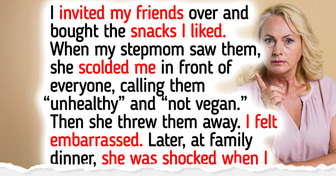
250 TATTOOS Changed Her Life — And Everyone Is Shocked
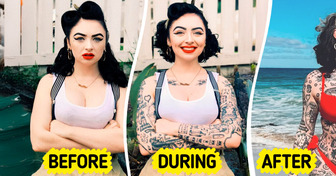
15 Times Karma Struck Back and Justice Finally Won
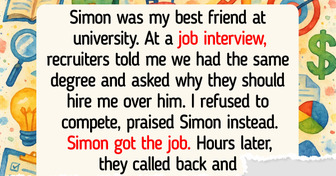
17 Сelebrity Сhildren Whose Looks Are Just as Striking as Their Star Parents
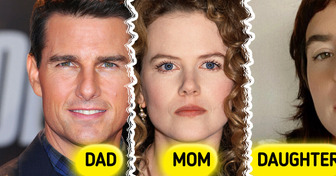
Baby Girl With a Rare Smile Grew Up — What She Looks Like Today Will Leave You Speechless
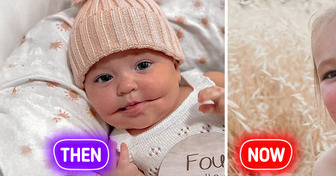
17 People Whose Childhood Photos Are Guaranteed to Make You Laugh
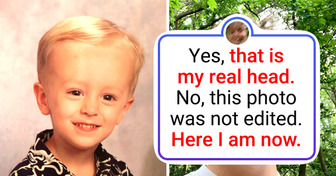
Jealousy Ruined This Mexican Star’s Face — See Her Incredible Comeback
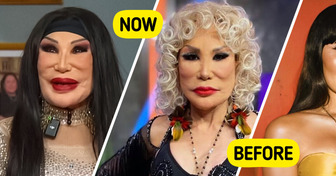
From “Most Beautiful Twins” to Teen Stars — See Their Transformation Today
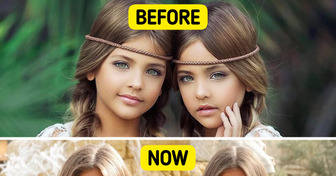
We Turned 10 Royals Into Hollywood Stars and the Results Are Jaw-Dropping
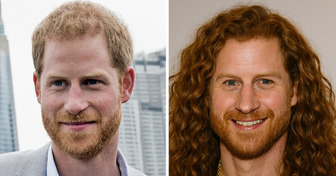
15 Celebrities Whose Transformations Over the Years Are Truly Dramatic
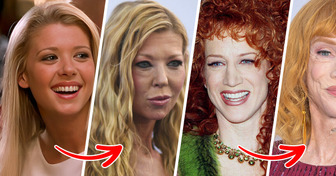
20 Most Beautiful Women, Chosen by Everyday People

11 People Who Transformed So Drastically, It’s Hard to Believe They’re the Same Person


